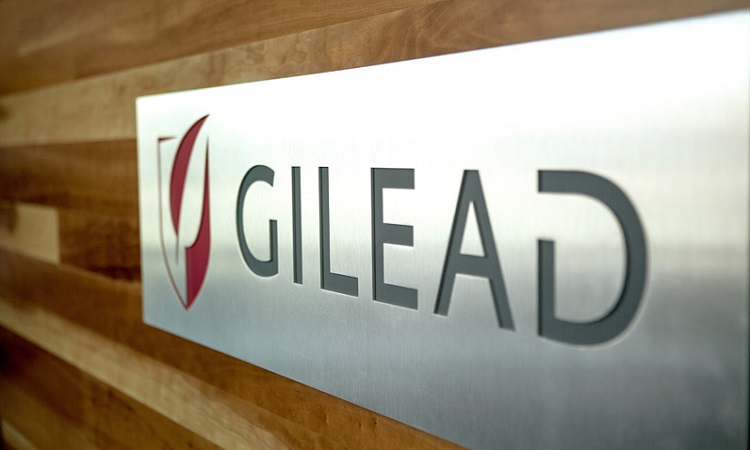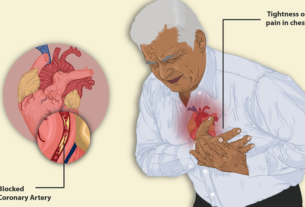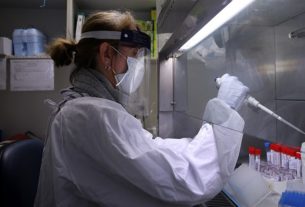The pharmaceutical companies Gilead and MSD (known as Merck in the US and Canada) announced this Monday that they will collaborate in the investigation of a long-term treatment for people with HIV that combines experimental drugs of both in advanced clinical phases.
Pharmaceutical rivals are seeking to develop and commercialize a “two-drug regimen with the potential to offer important new treatment options for people living with HIV” using MSD’s Islatravir and Gilead’s Lenacapavir, they reported in a joint statement.
Islatravir and Lenacapavir are in the last phase of their clinical trials and have yielded positive data on their activity at “low doses”, so their combination could facilitate a long-lasting treatment with doses spaced in time compared to the usual daily doses.
The companies will begin the clinical trial of the oral combination of their drugs in the second half of this year and will work as “partners”, sharing responsibilities in the operations, development, marketing and promotion of the treatment, as well as potential billing.
Both Gilead and MSD offer daily drugs that make HIV undetectable, but note that developing “options that allow less frequent oral intake” – also injections – could improve problems associated with adherence to treatment and patient privacy.
Gilead CEO Daniel O’Day said the firm’s work on HIV treatment over the past two decades has been the result of “listening to people living with HIV and the doctors who treat them,” so they are following the same method to achieve lasting therapies.
Under the terms of the collaboration, which will investigate the dual treatment of both oral and injectable drugs – in another clinical trial later – Gilead assumes 60% and MSD 40% of the global cost of development and commercialization, he says. the note.
Regarding billing estimates, the pharmaceutical companies indicated that the income from net sales will be divided equally until they exceed 2 billion dollars per year in the combination of oral drugs and 3.5 billion annually in injectable drugs.
Revenues above those limits will be adjusted so that 65% goes to Gilead and the rest to MSD, they added.
Following the release of the news, both firms rose on the New York Stock Exchange mid-session, Gilead 1.25% and Merck (MSD outside the US) 2.22%.

Email: mary@satprwire.com Phone: +44 20 4732 1986
Marry is a fitness freak in every manner and gives proper care about her health and of others. She is probably the best person we have at Daily Research News for covering articles from the Health sector. If not at work, she can be seen drinking a cup of coffee.



